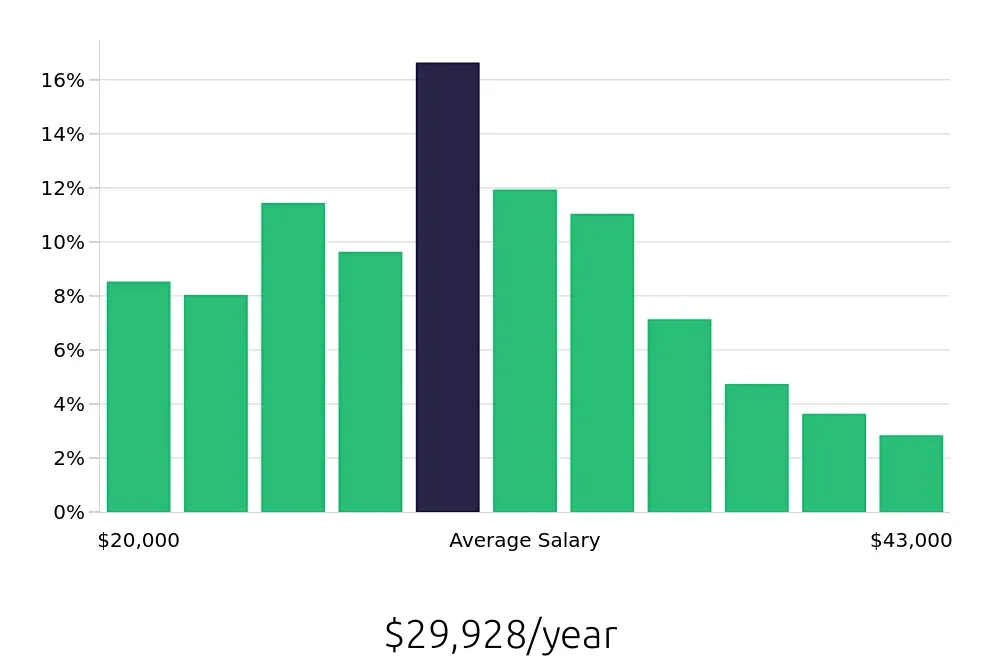Position
Overview
A cashier plays a key role in retail stores, grocery shops, restaurants, and other similar businesses. The primary duty involves handling cash, credit, and debit transactions for customers. Cashiers greet each customer warmly, process purchases, and provide accurate change. They ensure that the cash register is balanced at the end of each shift. They must also maintain a clean and organized checkout area.
Cashiers may also perform additional duties such as stocking shelves, assisting with deliveries, and helping customers find products. Excellent customer service skills are essential for this role. Cashiers should be friendly, patient, and able to handle a busy work environment. They need to follow company policies and procedures, ensuring all transactions are handled securely and efficiently.
Becoming a cashier is a straightforward process that offers a variety of opportunities in different industries. Whether it’s a retail store, a restaurant, or a bank, cashiers play an essential role in daily operations. Here is a simple guide to help anyone interested in this role understand the steps needed to start their career.
Starting the journey as a cashier involves several steps, each important in building the necessary skills and knowledge. Follow these steps to pave the way to a successful career as a cashier.
The path to becoming a cashier is straightforward and accessible. Most people can start working as a cashier with minimal education and training. Typically, a high school diploma or equivalent is the only requirement. In many cases, on-the-job training is provided by the employer. This training can take a few weeks to a couple of months.
In some retail environments, additional skills may be beneficial. Cashiers often use point-of-sale (POS) systems and cash registers. Familiarity with these tools can make the training process quicker. Some cashiers may also learn basic customer service skills. This helps them interact better with customers. Overall, the journey to becoming a cashier is quick and does not require years of formal education.
A Cashier is responsible for processing payments, providing excellent customer service, and ensuring the accuracy of cash and credit transactions.
Responsibilities:
Qualifications
Working as a cashier offers a clear and direct career path in the retail or service industry. This role provides essential customer service and helps businesses manage transactions effectively. Cashiers interact with customers, operate cash registers, and sometimes assist with other store duties. It is often the first interaction a customer has with a company, making it a vital position.
Being a cashier means handling money, which requires accuracy and attention to detail. This job offers a steady work environment, with hours often aligning with peak shopping times. It provides an opportunity to gain customer service experience, which can be valuable for future career moves. However, the work can be repetitive, and the position often involves long hours on feet. Balancing the need for speed and accuracy can also be challenging under busy conditions.
Consider these pros and cons when thinking about a career as a cashier:
While these benefits are present, it is also important to be aware of some drawbacks:
Job seekers interested in the cashier role will find it a stable and consistent field. The Bureau of Labor Statistics (BLS) reports an average of 581,200 job positions annually for cashiers. This large number indicates a steady demand in the job market, offering ample opportunities for those looking to enter or transition into this profession. Although there is a projected decrease of 10.4% in job openings from 2022 to 2032, this role remains essential in various sectors, ensuring continued need for qualified professionals.
Cashiers enjoy a competitive compensation package. According to the BLS, the average national annual compensation for cashiers stands at $30,750. This figure reflects the value placed on cashiers' roles in managing transactions and customer service in retail and other industries. Hourly compensation averages $14.78, making this a viable career choice for those seeking reliable income. These figures highlight the financial benefits that come with a cashier position, appealing to those prioritizing stable earnings and growth potential.
The cashier role offers a mix of in-person and digital transaction management. With the rise of e-commerce, cashiers are adapting to new technologies and systems, ensuring seamless customer experiences. This adaptability means cashiers will continue to be crucial in both traditional brick-and-mortar stores and online shopping platforms. The combination of a steady job outlook and the evolving nature of the role makes it an attractive choice for job seekers seeking a dynamic career.
